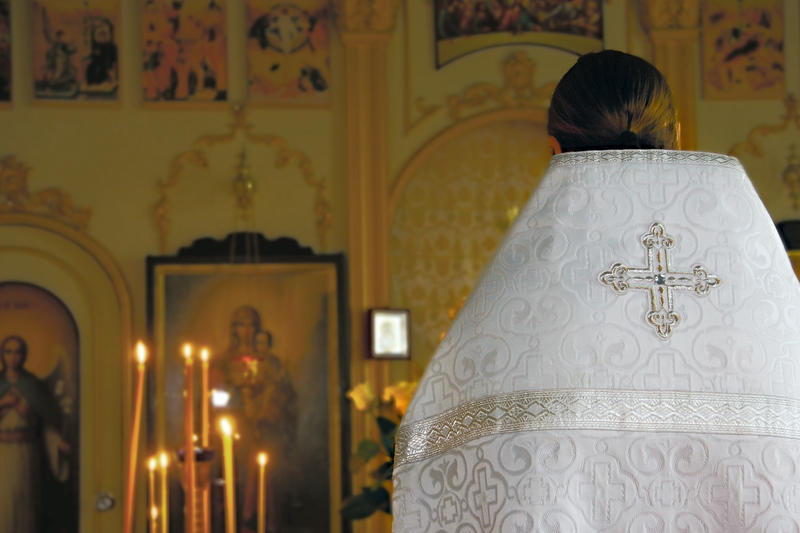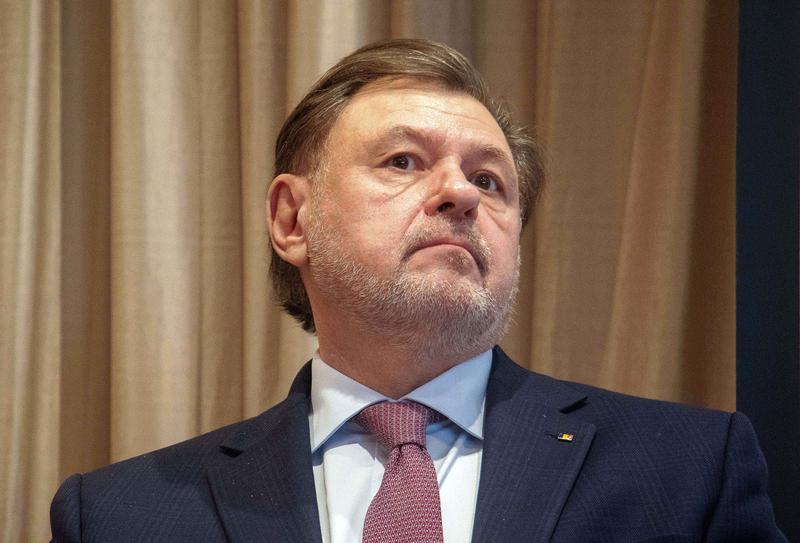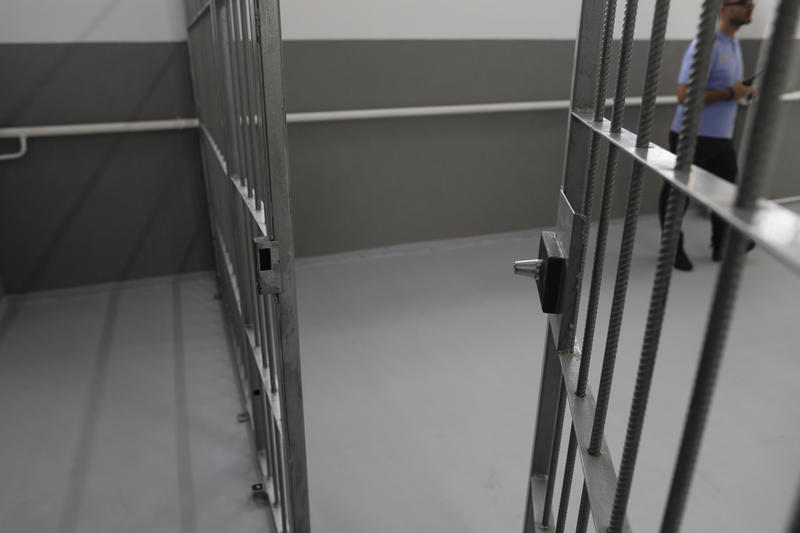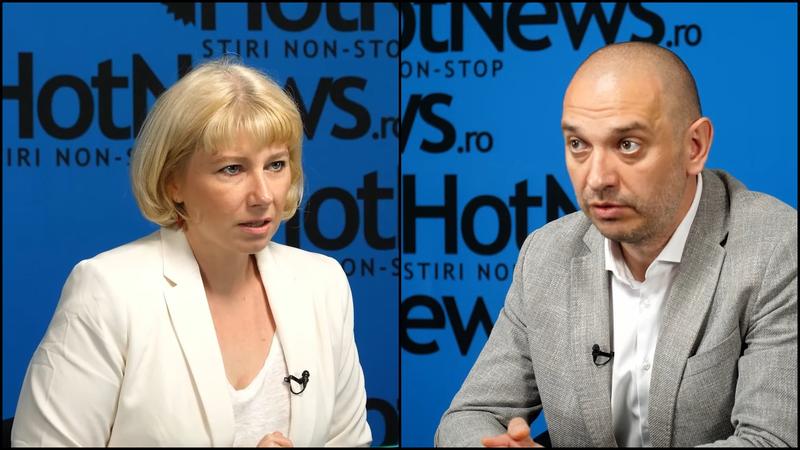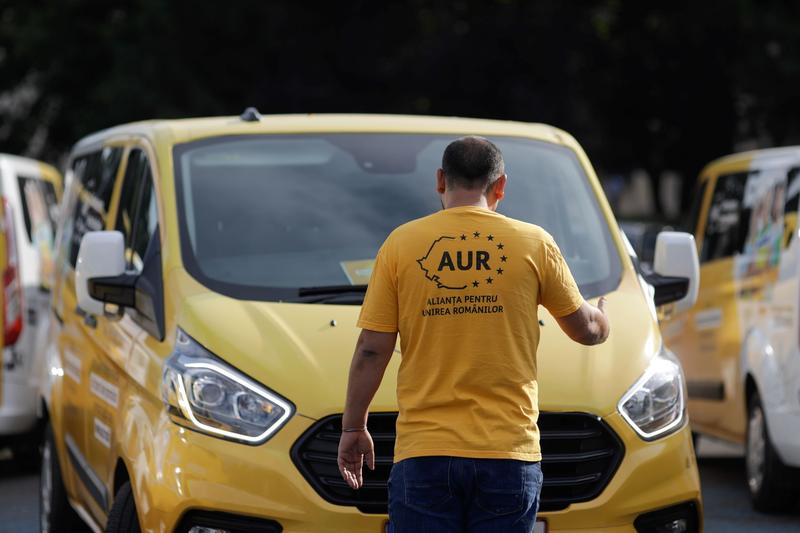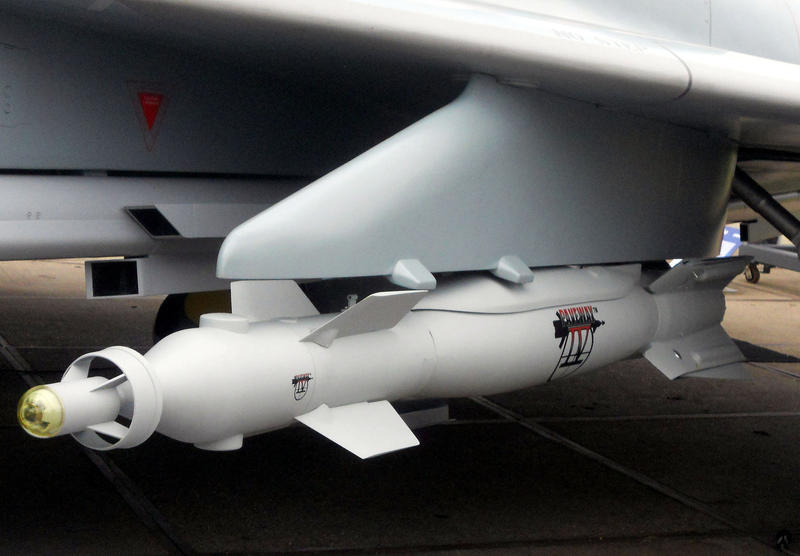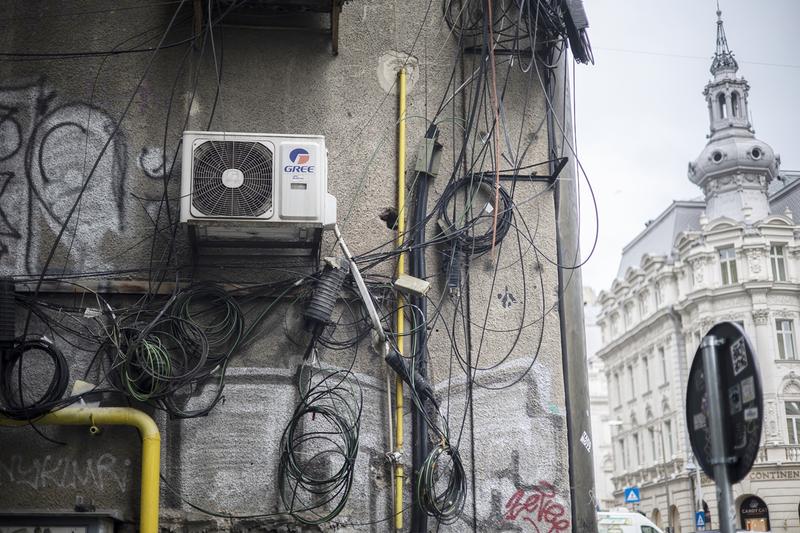East Europe marks 20 years without communism, but the ex-secret services dossiers still intoxicate the society. Elsewhere in the news, the Romanian press reads about the plot to remove communist dictator Nicolae Ceausescu 20 years ago. Last but not least, Romania's president Traian Basescu and temporary minister confirmed information leaks to unauthorised persons from the Interior Ministry’s secret service archives.
"East Europe marks 20 years without communism, but the ex-secret services dossiers still intoxicate the society", Cotidianul reads, in an article quoting William J. Kole from Associated Press. The dossiers written for the ex-communist intelligence are not 100% open to the public in East Europe.
In Romania, there were approximately 700,000 collaborators informing the Securitate on 22 million citizens, but over two million dossiers are classified. In Hungary, 27% of the dossiers have access denied, while in Poland and the Czech Republic, there are fierce debates on the laws allowing access to the papers.
Ex-Securitate generals, now holding key positions in the Romanian political scene and the business environment, are said to have destroyed their own dossiers, the publication goes on. The Romanian authority for studying the Securitate archives (CNSAS) said the institution is 70.000 dossiers short, since they are considered classified.
Romanian writer Stelian Tanase read his huge dossier and has, since then, taken his discussions in parks or on the streets, where he cannot be listened to. Herta Müller, the German writer of Romanian origin who was recently awarded the Nobel Prize for Literature, accuses the Romanian Government for keeping important dossiers classified. Romanian political analyst Cornel Nistorescu has claimed that this is possible because it is the same people governing the country.
Vaclav Havel, the dissident who became the president of the Czech Republic, asked young historians to handle the subject with delicacy, since it can harm some people. He most probably have meant people who were blackmailed to collaborate. Romanian CNSAS vice-president Tarau says that all the archives must be opened because they also contain philosophical discussion or everyday discussions and details of ordinary lives. "It is the history of the Romanian people", he concluded.
Adevarul also reads on the communist issue, focusing on the plots that helped end Nicolae Ceausescu's dictatorship. On the Romanian "Trojan horses" list are featured Silviu Brucan – ex-political analyst, Alexandru Barladeanu – ex-communist party member and economist, Virgil Magureanu - ex-intelligence chief, Ion Iliescu - ex-Romanian president and generals Nicolae Militar and Ioan Ionita.
Romanian historian Alex Mihai Stoenescu talks about three groups planning the state blow - "The old party activists", "The military" and "The Perestroika partisans". Ion Iliescu was part of the latter and Virgil Magureanu told him in 1981 that he was to become the next Romanian president.
Silviu Brucan had been confined to home arrest after criticising the way Ceausescu handled the strike in Brasov in 1987. Foreign intelligence managed to get him out of Romania under the pretext of attending a conference. He travelled to London, Washington and Moscow and also met with Gorbachev, who made it clear that the Romanian Communist Party (PCR) was to remain strong after Ceausescu.
Brucan talked openly on how Magureanu could visit him to his house, despite the arrest and interdictions. He also mentioned a strong link with general Militaru, who was very close to Soviet intelligence.
Continuing the trend of 'notes on a scandal', Romania Libera informs that Romania's president Traian Basescu and temporary minister Vasile Blaga confirmed a leak of information to unauthorised persons from the Interior Ministry's (MAI) secret service archives DGIPI. It took place during 2008-2009 and the two blame social-democrats Marian Vanghelie and Dan Nica, ex-MAI minister.
Vanghelie retaliated by showing that at least one of the staff who copied documents from the secret archives without license to do so has been promoted by Blaga. DGIPI still employs staff from the ex-Securitate, the intelligence service from the communist era. Corneliu Muscalu is one of them and he is suspected to have supplied information regarding the president's brother's arms business.
Gelu Drajneanu, Paun Iordache and Florin Trosca, holding leading positions with the MAI secret service, have been competing in offering compromising information on the Basescu family, MAI sources declare. The information reached Vanghelie and people close to Ion Iliescu (PSD). The Prosecutor's Office near the High Justice Court recorded a penal case addressing the illegal information leak from the secret archive.
Judiciary sources say that the fate of the investigations depends on the result of the presidential elections. Should Basescu lose the elections, the investigations will be buried, it is assumed. The scandal started after Vanghelie stated the archived was moved, was on good hands and that he will use it against Basescu in the electoral fight.
